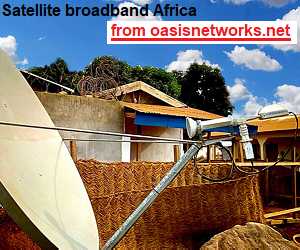Advertisment:


Satellite Internet Forum.
Welcome, Guest. Forum rules.To search this site click here > SATSIG search
| Home Login Register |
| Satellite Internet forum › HughesNet and Hughes HX VSATs › universal lnb LO |
|
Pages: 1
|
universal lnb LO(Read 10043 times) |
|
EDWIN
Senior Member
★★★ Offline Posts: 59 Lagos, Nigeria |
Oct 23rd, 2013 at 10:55am
|
| Back to top |
IP Logged
|
|
USN - Retired
YaBB Moderator
★★★★★ Offline Posts: 837 Kentucky (USA) |
Reply #1 - Oct 23rd, 2013 at 9:33pm
|
| Back to top |
USN (Ret)
IP Logged
|
|
EDWIN
Senior Member
★★★ Offline Posts: 59 Lagos, Nigeria |
Reply #2 - Oct 24th, 2013 at 1:07pm
|
| Back to top |
IP Logged
|
|
USN - Retired
YaBB Moderator
★★★★★ Offline Posts: 837 Kentucky (USA) |
Reply #3 - Oct 24th, 2013 at 2:22pm
|
| Back to top |
USN (Ret)
IP Logged
|
|
Admin1
YaBB Admin
★★★★★ Offline Posts: 1222 |
Reply #4 - Oct 24th, 2013 at 3:57pm
|
| Back to top |
IP Logged
|
|
Pages: 1
|
Email me: eric@satsig.net
Powered by YaBB 2.5.2!
YaBB Forum Software © 2000-. All Rights Reserved.
Disclaimer, Terms of Use and Privacy Forum User Agreement Forum rules Cookie policy.

